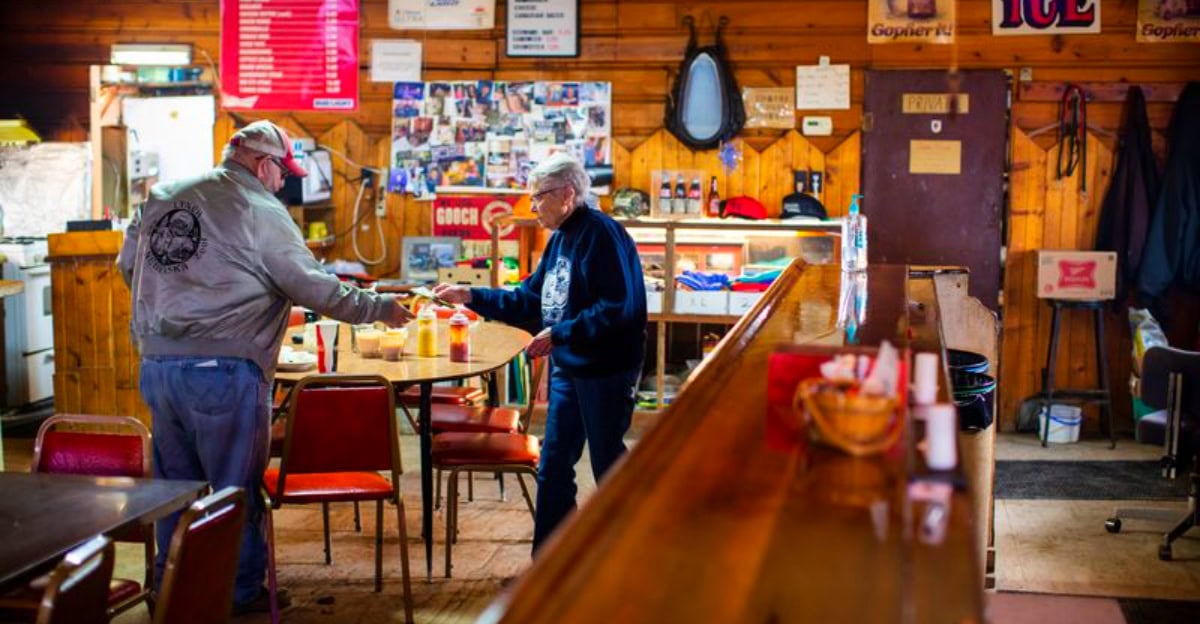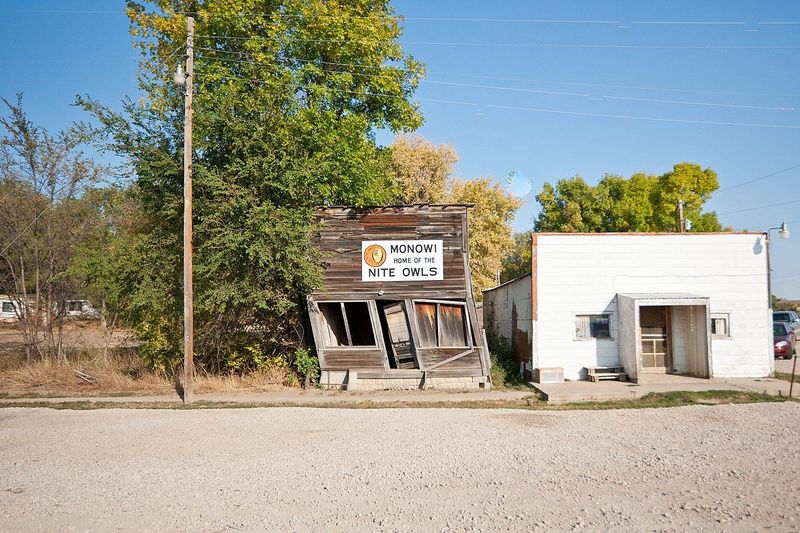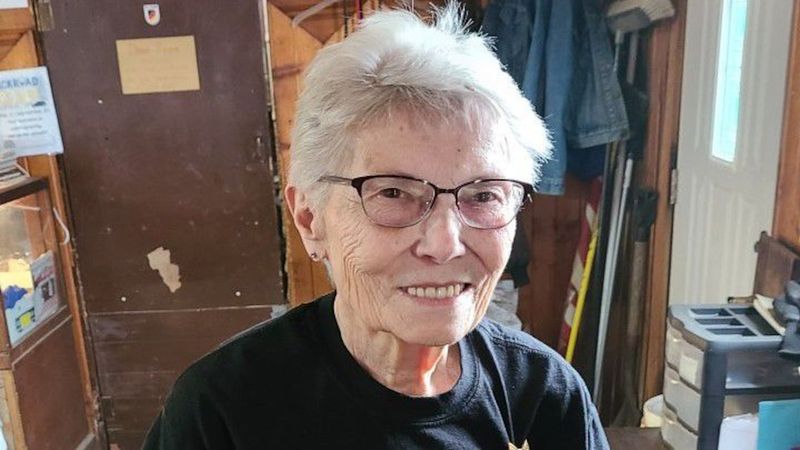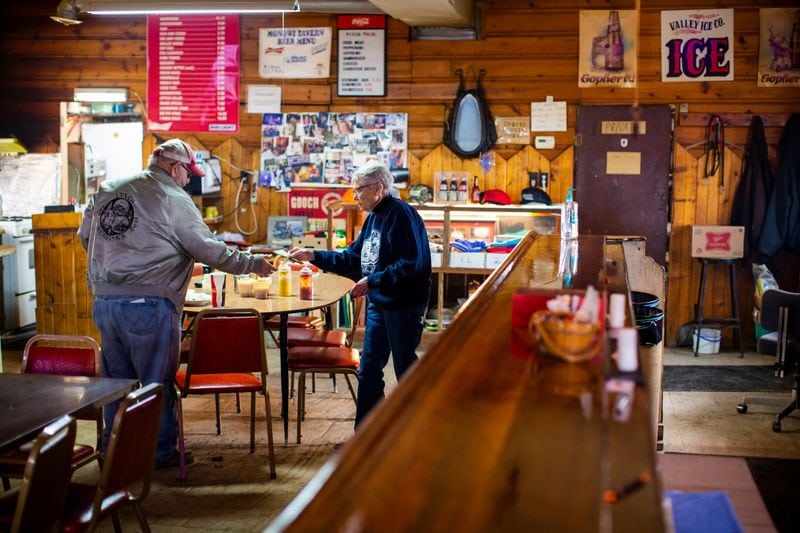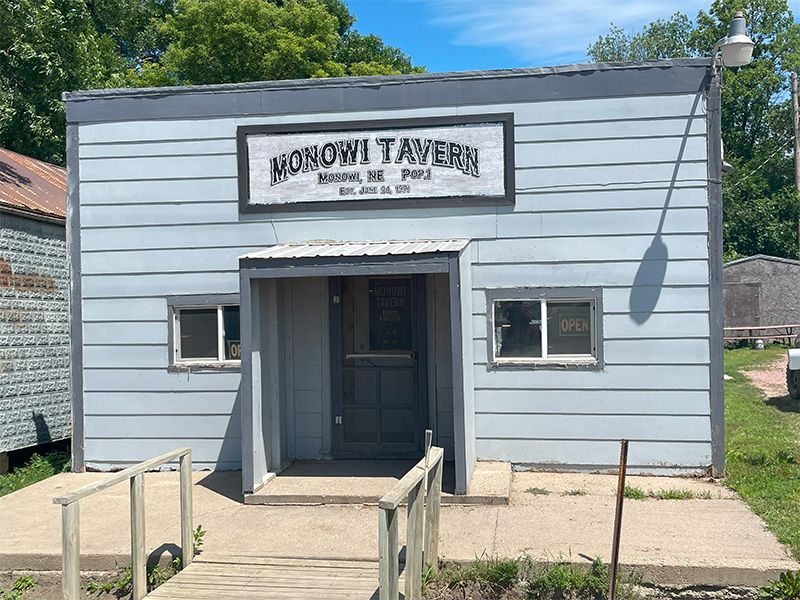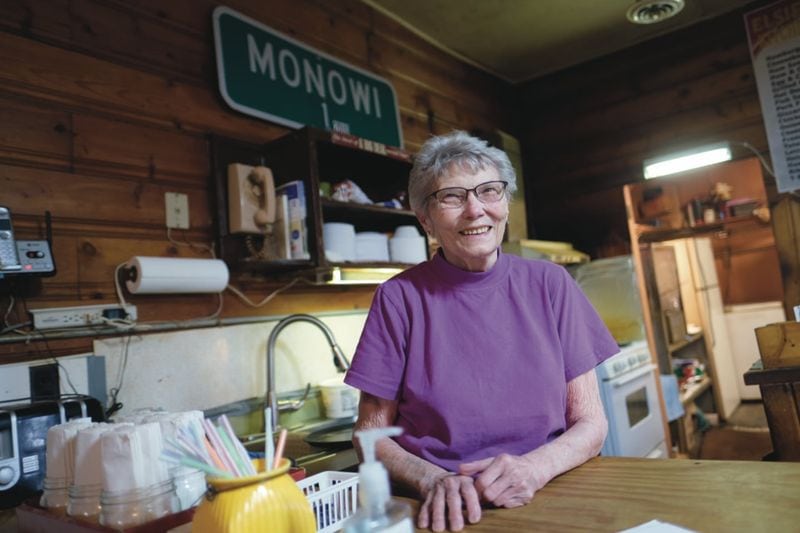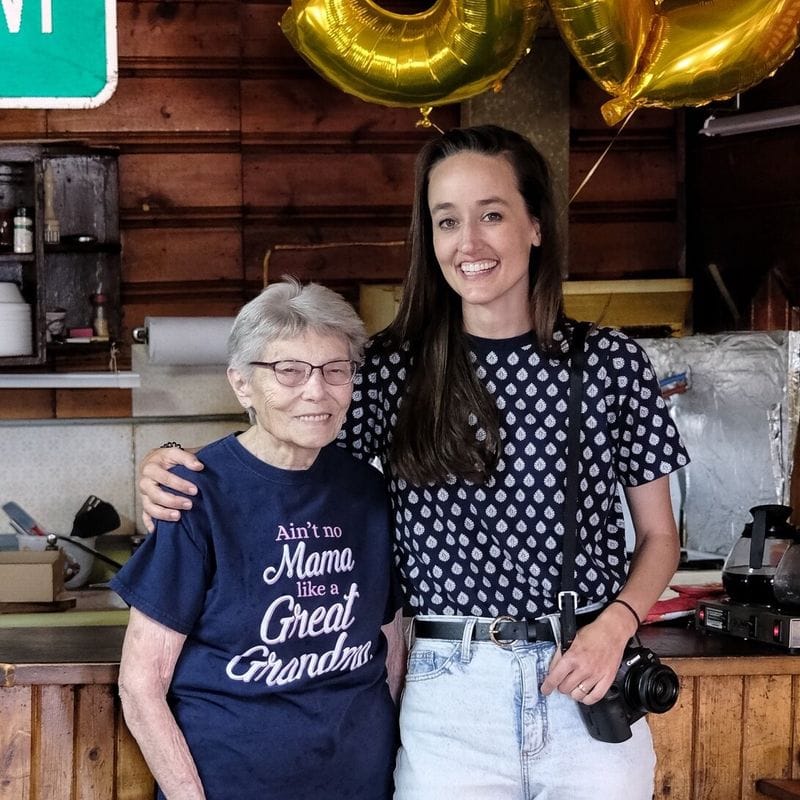Monowi, Nebraska, holds the unique distinction of being the smallest incorporated town in the United States, with a population of just one resident: Elsie Eiler. Explore six fascinating aspects of this one-person town, from its historical roots to the indomitable spirit of its sole inhabitant.
Once a Bustling Village, Now a One-Person Town
Founded in the early 20th century, Monowi was once a flourishing village. Around 150 people called it home in the 1930s, complete with a school, church, and grocery store. Economic changes and urban migration began to whittle away its population over the decades. By the 2000 census, only Elsie Eiler and her husband, Rudy, remained. With Rudy’s passing in 2004, Monowi transformed into a one-person town, occupied solely by Elsie. This shift symbolizes the broader trend of rural depopulation across America. Monowi’s journey from a bustling hub to the nation’s smallest town is both a poignant reminder of change and a testament to the endurance of small-town life.
Elsie Eiler: Town, Government, and Community Keeper
Meet Elsie Eiler, the heart and soul of Monowi. At 90 years old, Elsie wears many hats: mayor, bartender, librarian, and the town’s only resident. She oversees everything from issuing her own liquor license to filing taxes and road plans. Elsie’s role extends beyond mere functionality; she embodies the spirit of community resilience. In her words, “The bar is the town, and I’m the town.” Her unwavering dedication keeps Monowi on the map, both legally and culturally. Elsie’s story is one of steadfast loyalty to her home, defying the loneliness that might accompany such solitude in most cases.
Monowi Tavern & Rudy’s Library: Pillars of the Town
Establishing the Monowi Tavern in 1971, Elsie and Rudy created a local gathering spot. Today, Elsie runs it alone, providing homemade meals and cold beers. The tavern is more than a business; it’s the heartbeat of Monowi, drawing visitors from near and far. Alongside it stands Rudy’s Library, a 5,000-volume tribute to her late husband. Books are borrowed on an honor system, a nod to simpler times and trust-based communities. This pairing of tavern and library serves as Monowi’s cultural and social nexus, sustaining its identity in a rapidly changing world.
A Local Gathering Spot in the Middle of Nowhere
Despite its minuscule population, Monowi draws around 50 visitors daily. Curious tourists, local farmers, and travelers passing through stop by the tavern for a meal or chat. The welcoming atmosphere offers a slice of hospitality that’s hard to find elsewhere. Special events, like gatherings hosted by local law enforcement, add a unique charm to this seemingly isolated spot. Monowi’s ability to attract and connect people from diverse backgrounds highlights its significance as a cultural touchstone. It’s a place where stories are shared, and the spirit of community thrives, even in solitude.
Monowi’s Legal Existence Hinges on Elsie’s Work
Elsie’s meticulous attention to civic duties is what keeps Monowi alive as an incorporated town. Every year, she submits a road maintenance plan to ensure state funding, maintains the town’s few remaining streetlights, and pays taxes—essentially to herself. This relentless effort ensures Monowi’s place on official maps. Without Elsie’s dedication, the town could easily fade into obscurity. Monowi’s legal status is a testament to Elsie’s commitment to preserving her home not merely as a place, but as a recognized entity, embodying the essence of resilience and adaptability.
Why Monowi and Elsie Capture America’s Heart
Monowi is not just a curiosity; it’s a beacon of rural endurance and dedication. Elsie’s presence has brought global attention to this small town, with features in People Magazine, the BBC, and more. Her insistence on staying underscores a profound connection to her roots. As she says, “As long as I’m able to be here, this is where I really want to be.” Elsie’s story captivates because it represents an unwavering commitment to place and identity, resonating with those who cherish community ties and the simplicity of rural life.
